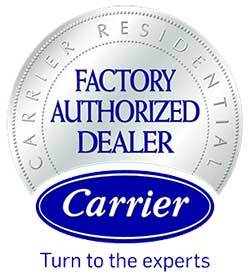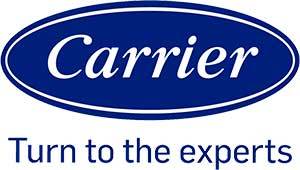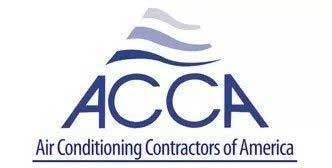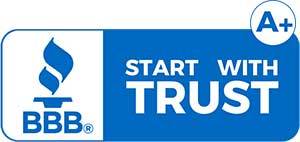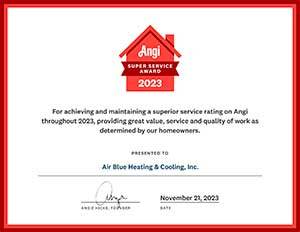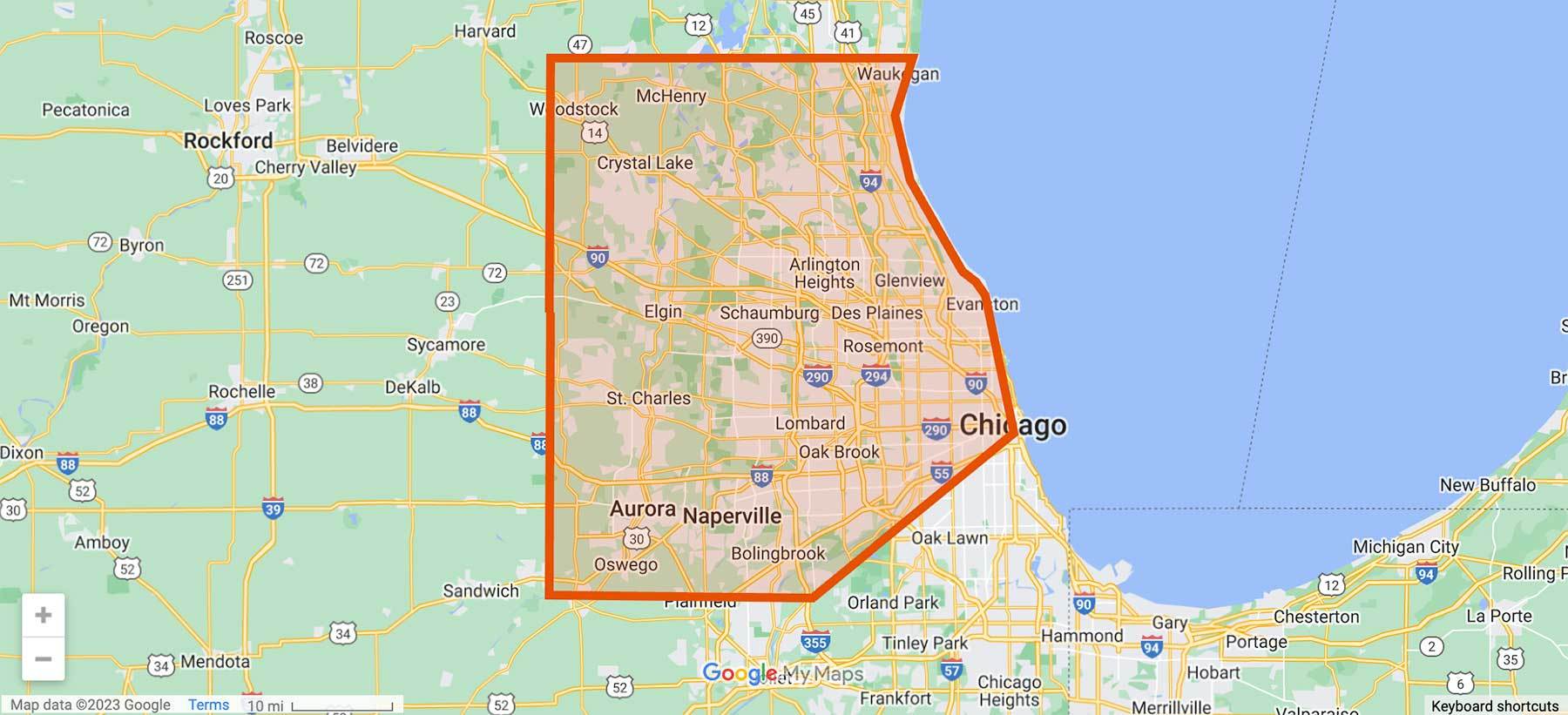Choosing the Right Hot Water Heater for Your Home: An In-Depth Guide
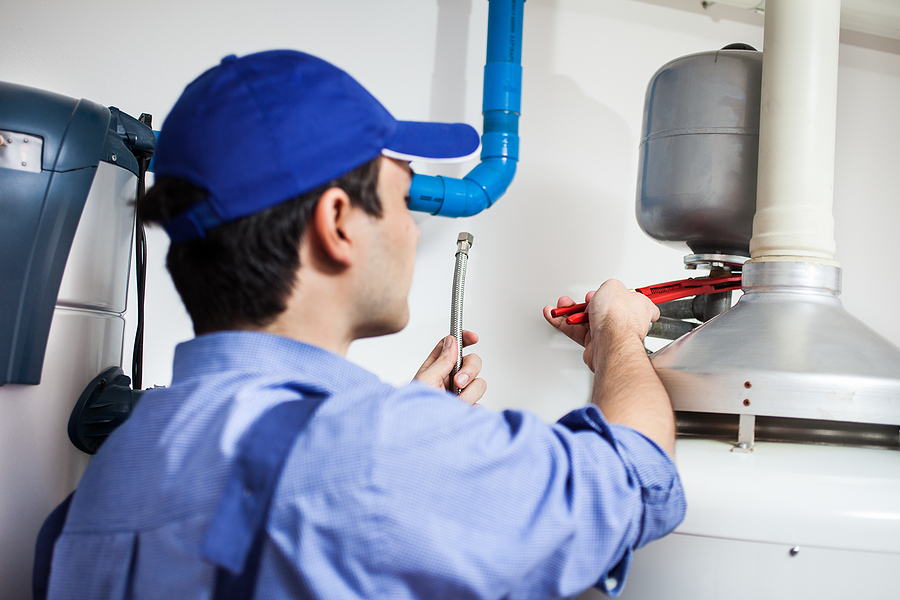
Travel back to 1889 when Edwin Rudd created an automatic storage water heater. It included a cast iron shell with burners and gas valves enclosed within the unit to heat water. He won Gold at the 1904 St. Louis World’s Fair as a result. We all have him to thank for the warm bath or shower we take and the clean dishes we eat off.
No one likes taking an ice-cold shower. Hot soapy water is important for killing germs off our cutlery, plates, and bowls. That’s why one of the greatest modern conveniences in any home is a water heater. The wrong unit can drive up your utility bills and even create unhappy moments where someone has used up more than their share.
Our guide is going to cover the different types of hot water heaters, the pros and cons of each one, and how to pick the right water heater for your home.
Explore the Different Types of Water Heaters
Generally, you have four main types of water heaters to consider. Each one has pros and cons.
Heat Pump Water Heaters
A heat pump water heater pulls heat from the surrounding air and uses the heat from the air it collects and helps use that to heat the water. This reduces the amount of electricity or gas that’s used to heat the water. The systems are taller than normal though, so you need the space for it. Otherwise, you’ll be paying to have your pipes and electricals moved. That gets costly. Expect this type of water heater to last around 15 years.
Point of Use (POU) Water Heaters
Instead of having a water heater that covers every faucet in your house, there are POU units that heat the water at one point. You might have one at your kitchen sink to quickly heat the water for washing dishes or at a hot tub to help heat the water more efficiently. These are not designed to last long. It’s unlikely you’ll get more than 10 years from it.
Tank (Conventional) Water Heaters
Conventional water heaters have an insulated tank with heating elements that heat the cold water that flows into the tank. As it empties, the heaters turn on and heat the water to the required temperature, which is set using the thermostat. These are only good for areas where you don’t use more than a couple dozen gallons per day. They’re also a good backup to a solar-powered water heater in periods when the sunlight is minimal.
This type of water heater comes in a variety of sizes. You might find a small 36-gallon tank is fine if it’s just a couple of you in a home, but a family of six will need a much larger tank. The larger the tank, the higher the price.
You can get a conventional water heater with gas or electricity. Gas water heaters cost more, but they’re also more efficient. A conventional water heater is also the least expensive option, which is why they’re so popular. Either way, the lifespan of these systems is usually no more than 15 years, so you’ll probably be paying for a replacement every decade or so.
One thing to consider is a smart water heater. It can be a tankless or tank water heater. It has technology that regularly circulates the water to kill bacteria. It also alerts you to issues like a clogged filter or leak.
Tankless (On-Demand) Water Heaters
Tankless water heaters are also known as on-demand systems as the cold water goes through heating coils that rapidly heat the water as it’s needed. You need to have a system that can heat enough gallons per minute to meet your needs.
On-demand water heaters require little space, but they do cost more. Weigh the extra cost against the fact that their lifespan is around 20 to 25 years. Plus, they’re more efficient so your energy bills will be lower.
Things to Consider When Making a Choice
The price of a water heater isn’t enough. It’s a start, but there’s more you need to consider than your budget. Sometimes spending a little extra money ends up paying for itself if you’re reducing your monthly heating bills by 50%.
ENERGY STAR-certified water heaters that meet the requirements can save you up to $600 in tax credits. It covers tank water heaters, tankless, and heat pump models. They do need to meet the requirements, and that’s why it’s important to work with a knowledgeable water heater installer.
Household Size
You need to consider several factors, starting with your home’s water usage and size. If you have seven people living in a home, the water heater needs to be able to keep up with the higher demand in terms of laundry loads, showers, baths, and dishes. In that case, an on-demand hot water heater is often recommended.
Energy Efficiency
How efficient do you want to be? Does your area have specific requirements? Building codes are important considerations, but you might want to go beyond the norm and get a system that’s going to slash your energy bills.
What Type of Fuel Do You Have?
Not everyone has access to natural gas. Is your home set up with propane or heating oil? Do you heat your home with electricity and wood? The availability of fuel is important as you need a water heater that operates with what you currently use.
Your Current System
If you’re replacing a failing water heater, you need to make sure the new system fits the space. You might have your heart set on a heat pump heater, but if it’s too tall for your basement, you need to find a system that does fit. Otherwise, you’ll be paying to move it to a new location.
Is your water hard or soft? Do you have a water filtration system installed? Hard water builds up on heating elements and can decrease the efficiency of your system over time. If you do have hard water and don’t filter it before it reaches your water heater, make sure you’re flushing it out and having it cleaned regularly.
Get the Best Water Heater by Working with an HVAC Expert
The wrong water heater can drive up your bills, fail to meet your needs, and increase your carbon footprint. Air Blue’s experts are here to help you choose the right water heater. We’ll help you find instant rebates and government tax credits that help pay off the system you purchase.
Once you have your new water heater, Air Blue’s technicians ensure it’s in great condition with regular maintenance and repairs when necessary. Hard water build-up impacts your heater’s performance, so regular cleaning and descaling are important every year or two. Give us a call to discuss your home size and occupancy, and we’ll help you choose an efficient, cost-effective heater.





